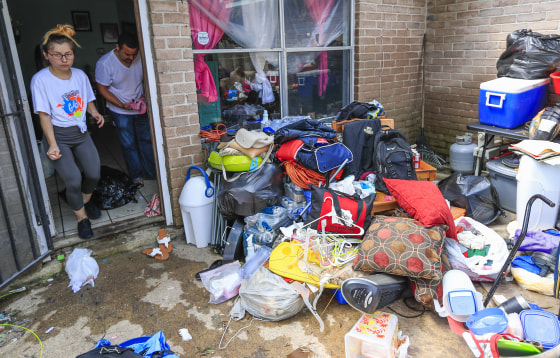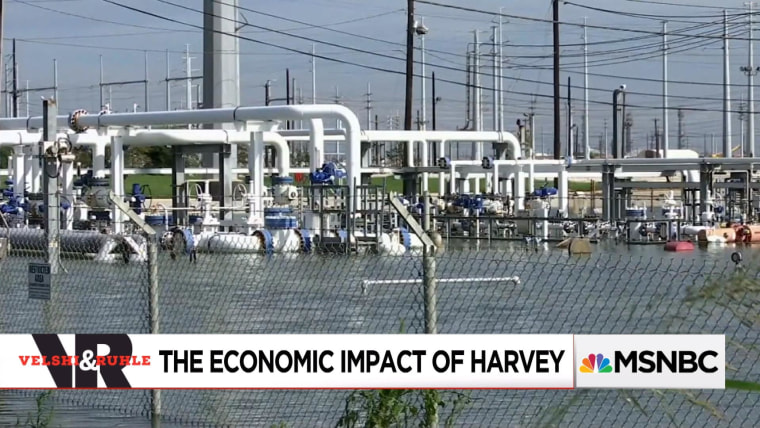The economy lost 33,000 jobs in the month of September, after hurricanes Harvey and Irma damaged crucial economies in Florida and Texas. The storms had less of an impact on the unemployment rate, which dropped to 4.2 percent.
It’s the first time since 2010 that the employment market has dipped into the negative — job gains have averaged around 175,000 a month so far this year.
Friday's official data from the Bureau of Labor Statistics confirmed what market watchers had forecast: Back-to-back storms during the month of September meant economists were anticipating — at best — low double digit job gains, with the most optimistic pegging the latest jobs figure at 90,000. Fed Chair Janet Yellen even warned last month that “storm-related disruptions” would “affect economic activity in the near term.”
The average hurricane knocks about 50,000 jobs off the market, according to CNBC. And, since jobs data is collected during the week that contains the 12th of the month, September figures captured the tail end of Hurricane Irma as well as the extended impacts of Harvey.
However, the weak September jobs figure is just a temporary blip on the general healthy economic outlook, and is not expected to have any lingering impact.
“Past experience suggests that the storms are unlikely to materially alter the course of the national economy over the medium term,” the Fed noted in its statement last month.
Related: Then Comes the Red Ink: The Cost of Recovery After a Hurricane
In fact, natural disasters are frequently a boon for the economy, with financial stimulus in the form of rebuilding, infrastructure, and consumer spending as residents put their lives back together.


